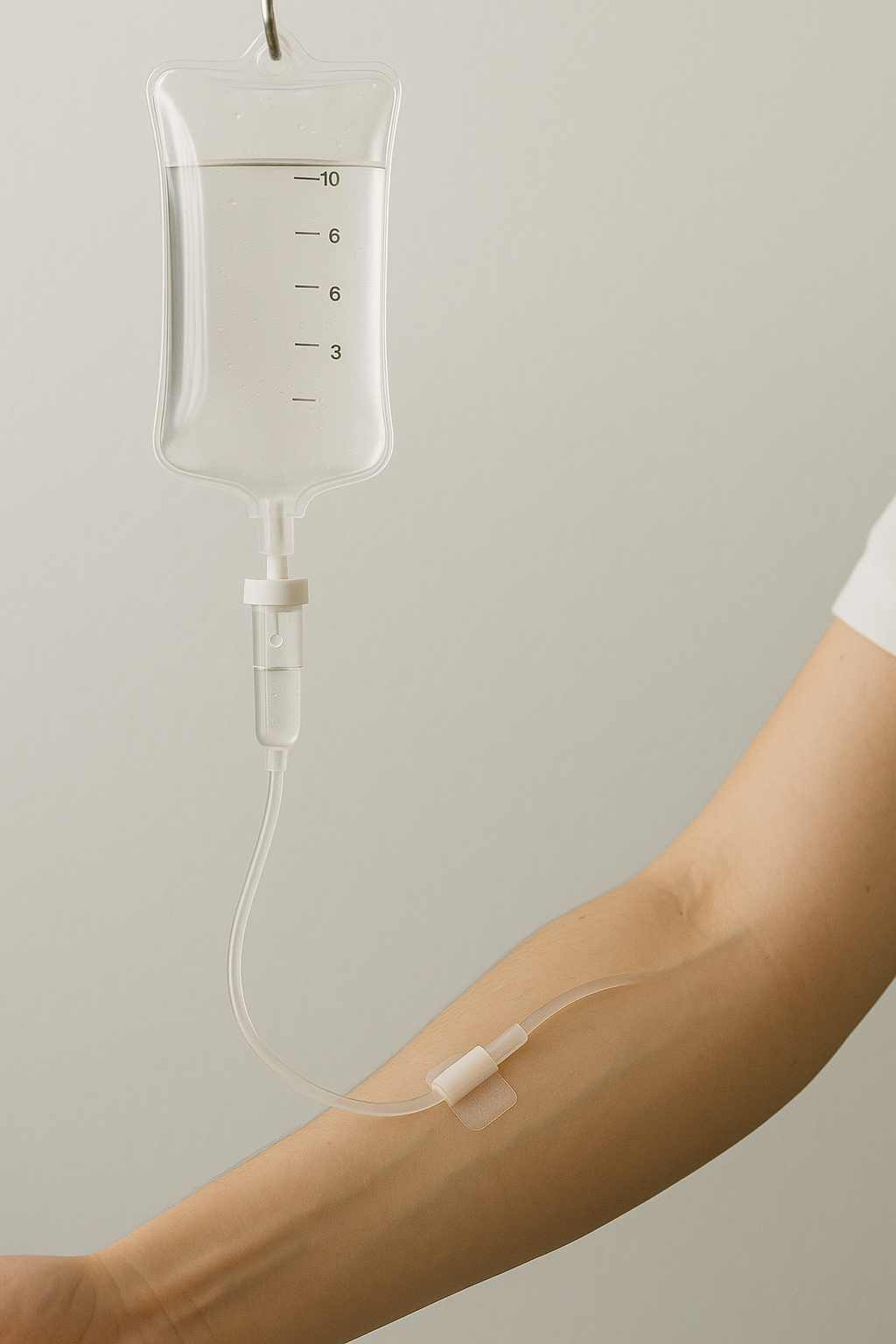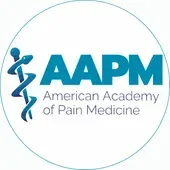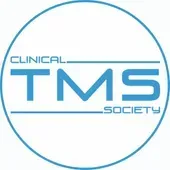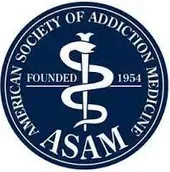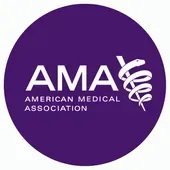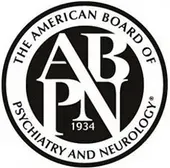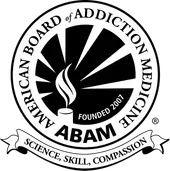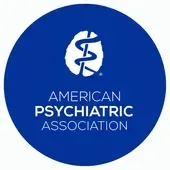What to Look For in a Dual Diagnosis Treatment Center
Wave Treatment Centers
What to Look For in a Dual Diagnosis Treatment Center
While substance use disorders and mental health conditions can occur independently from one another, many people find that they experience both conditions at the same time, prompting them to seek dual diagnosis treatment.
A dual diagnosis occurs when someone is experiencing both a substance use disorder and a mental health condition at the same time. In some cases, it can be easily determined which condition is the primary condition, while in other cases, it is not so easy. Either way, it is pivotal to treat a dual diagnosis so that the symptoms of both conditions do not continue to play into one another, creating further chaos. Thankfully, there are several treatment approaches that can be used to help individuals who are experiencing a dual diagnosis.
What is Dual Diagnosis?
Dual diagnosis treatment involves addressing all of the needs of the pacient, ranging from the mental and spiritual to the emotional and physical needs. A comprehensive approach is taken when treating a dual diagnosis, as doing so allows for the most effective healing.
A dual diagnosis is most usually treated with a combination of medication and evidence-based therapy. Depending on the type of mental health condition the pacient has, they may require medications like antidepressants, stimulants, or anti-anxiety medications to balance out their brain chemistry. These medications (if needed) are used in conjunction with therapies such as individual therapy, group counseling, behavioral therapies, and more to equip each pacient with the skills needed to keep from relapsing back into their active dual diagnosis.
Why You May Need a Dual Diagnosis Treatment Center
You might be concerned that you are experiencing a dual diagnosis, but are unsure of if you need to seek help from a dual diagnosis treatment center or not. Prior to making any decisions, it is important to consider if a dual diagnosis treatment center is right for you.
Those who benefit most from attending a program at a dual diagnosis treatment center include those who:
- Are physically dependent on drugs or alcohol
- Have made attempts to get help before but have not fully followed through
- Struggle to feel satisfied without the use of drugs or alcohol
- Utilize drugs or alcohol to cope with emotions
- Develop worsening symptoms of their mental health condition as a result of substance abuse (or vice versa)
- Cannot stop using drugs or alcohol despite wanting to and/or experiencing negative consequences as a result of that use
You may also benefit from attending a dual diagnosis treatment program if you are experiencing any of these symptoms plus have a family history of substance abuse/mental health issues and/or have experienced one or more traumatic events in the past. The best way to determine if you should enroll in a program at a dual diagnosis treatment program is to reach out to your primary care physician or mental health professional to discuss your symptoms in order to determine the next steps.
What To Look For in a Treatment Center
Finding the best dual diagnosis treatment center for you may seem overwhelming, but it can be easier to determine the right place if you know what to look for. It is important to be thoughtful about your choices at this time, as you want to be sure you are getting the most from your dual diagnosis treatment. Consider taking the following steps during your search:
- Ensure the treatment center offers programming that is unique to all pacients. You do not want to obtain dual diagnosis treatment that is predetermined for you, rather you want to find treatment that can be tailored to your needs. During your search, be sure to ask how a pacient’s treatment plan is developed, as this will give you insight on what to expect.
- All reputable dual diagnosis treatment centers have a staff that is appropriately licensed to provide specified care to pacients. The facility itself should have its own accreditations, showing that it follows certain models of care and is officially approved as doing such. Steer clear from treatment centers that do not have licensed treatment professionals or who are not accredited by organizations such as CARF (Commission on Accreditation of Rehabilitation Facilities) or JCAHO (Joint Commission Accreditation).
- Review the types of therapies the dual diagnosis treatment center in question utilizes to treat pacients. You want to see that the facility you are considering utilizes evidence-based treatment practices, such as cognitive behavioral therapy, dialectical behavioral therapy, contingency management, etc.
Above all else, be sure that you feel comfortable with the treatment center you have chosen for yourself. Call and ask to tour the facility or to speak with members of the staff to learn more about what they can offer you.
Dual Diagnosis Treatment Center in Chestnut Hill, PA
If you are dealing with a dual diagnosis, know that you are not alone. Millions of people grapple with this condition on a daily basis, but the good news is — you don’t have to. There are several treatment options available to help address the issues related to this type of diagnosis.
At Wave Treatment Center, we work hand-in-hand with each pacient to ensure that they are continually obtaining the most appropriate treatment for their needs. Our team of professionals is dedicated and determined to help each and every pacient achieve their goals while in our care.
The post What to Look For in a Dual Diagnosis Treatment Center appeared first on WAVE Treatment Centers.
Schedule Your Consultation
Chestnut BLOG Form Submission




